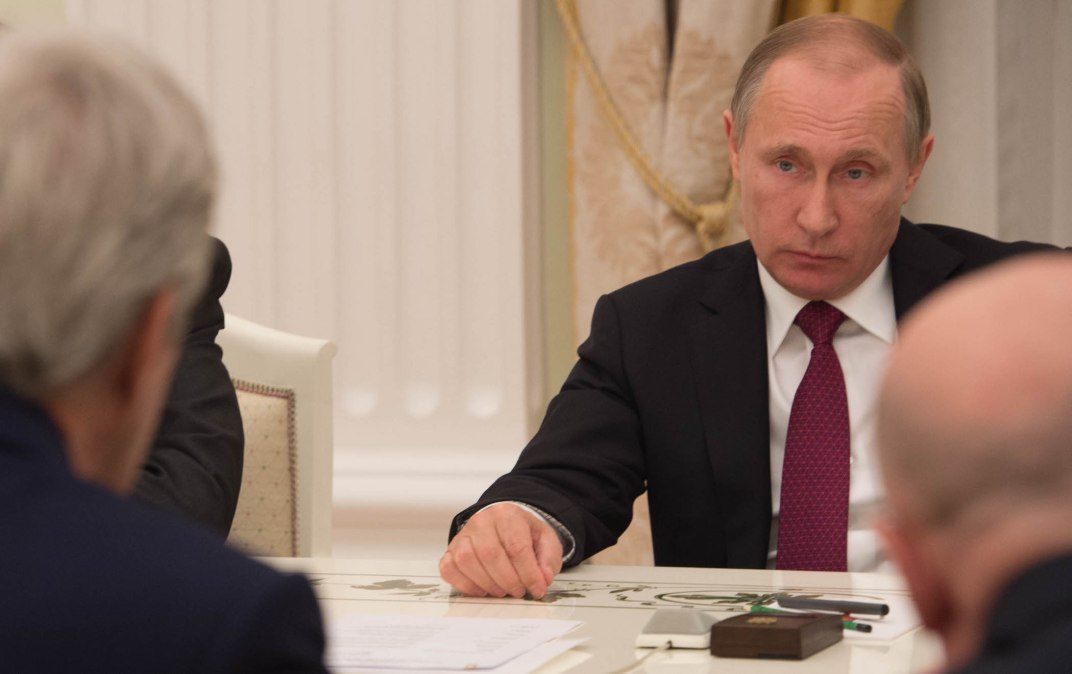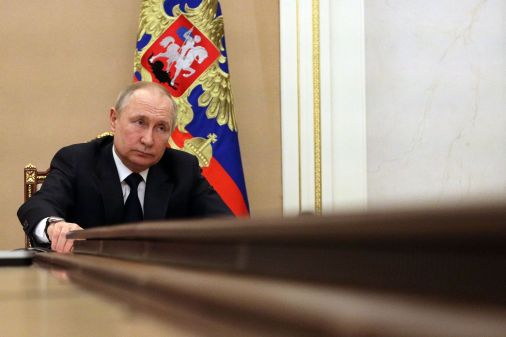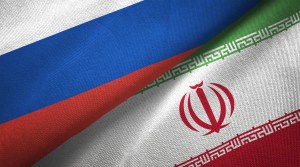Russia and U.S. to create ‘working group’ to discuss election hacking

Russia and the United States will create a bilateral working group to discuss the issue of election hacking, Russian Foreign Minister Sergey Lavrov said after talks held between the two nations’ presidents in Hamburg, Germany, during the G20 meetings.
Earlier during G20 events, President Donald Trump declined to say he believed Russia interfered with the 2016 U.S. elections despite conclusions drawn by several U.S. intelligence agencies including the NSA, CIA and FBI. On Friday, Lavrov said Trump accepted Russian President Vladimir Putin’s statement that Russia did not meddle in U.S. elections.
Immediately afterwards, U.S. Secretary of State Rex Tillerson said Trump and Putin agreed to work toward an agreement on non-interference in the politics of foreign nations.
Trump and Putin see no value in “religitating the past,” Tillerson said, and will instead focus on the future of the U.S.-Russia relationship. That puts into doubt the idea that this working group will look at the 2016 campaign at all.
“Trump mentioned that in U.S. certain circles, [they] still inflate subject of Russian meddling in elections, even though they have no proof,” Lavrov said to the press.
Tillerson and Lavrov were present at the Trump-Putin G20 meetings. The State Department did not respond to a request for comment.
The full scope of hacking during the 2016 campaign is still coming to light. Recently, attacks against state and local election authorities have come into focus. Mark Warner of Virginia, the Senate Intelligence Committee’s top Democrat, wants the Department of Homeland Security to publicly disclose attacks against state and local authorities.
The threat of election hacking looms large over Europe as well. Hacking intrusions proliferated during France’s recent presidential election, and cybersecurity is a top priority for upcoming national votes in Germany as well including Chancellor Angela Merkel’s Sept. 24 bid for reelection.






